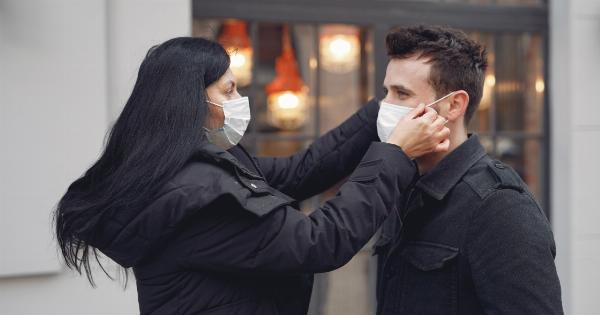A fever is an increase in body temperature, usually indicating an underlying illness or infection. It is a common symptom and can be caused by various factors such as viruses, bacterial infections, or inflammatory conditions.
Most of the time, fever is not dangerous and can be treated at home. However, in some cases, seeking medical assistance is necessary. In this article, we will discuss the dos and don’ts for seeking medical assistance when dealing with a fever.
What is considered a fever?
A fever is defined as a body temperature above the normal range, which is between 97°F (36.1°C) and 99°F (37.2°C), depending on age, gender, and time of day. A fever is generally considered to be a temperature of 100.4°F (38°C) or higher.
However, it is important to note that the severity of an illness cannot be determined solely based on the degree of the fever.
When to seek medical assistance for a fever?
Most fevers are not dangerous and do not require medical attention. However, there are certain situations when seeking medical assistance is necessary. These include:.
- If the fever is above 103°F (39.4°C) in adults or 100.4°F (38°C) in infants and young children
- If the fever lasts longer than three days
- If the fever is accompanied by other symptoms such as severe headache, confusion, chest pain, difficulty breathing, or abdominal pain
- If the individual has a weakened immune system or a chronic medical condition, such as diabetes, heart disease, or cancer
Dos for seeking medical assistance
1. Call your doctor
If you are experiencing a fever and are unsure whether you need medical assistance, call your doctor. They will be able to advise you on whether you need to be seen in person or can be treated at home.
2. Monitor your symptoms
Keep track of your temperature and any other symptoms you may be experiencing. This will help your healthcare provider determine the best course of treatment.
3. Stay hydrated
Drink plenty of fluids to avoid dehydration, which can occur with a fever. Water, fruit juices, and broth are good choices.
4. Rest
Get plenty of rest to allow your body to fight off the infection. Avoid strenuous physical activity until you have recovered.
5. Take fever-reducing medication
If your fever is causing discomfort, you can take over-the-counter medications such as ibuprofen or acetaminophen. Follow the instructions on the label and do not exceed the recommended dosage.
Don’ts for seeking medical assistance
1. Do not wait too long
If you are experiencing a fever and other symptoms, do not wait too long before seeking medical assistance. Some illnesses can become more serious if left untreated.
2. Do not self-diagnose
Do not attempt to self-diagnose or self-medicate. This can lead to incorrect treatment and potentially harmful interactions with other medications.
3. Do not skip follow-up appointments
If your healthcare provider recommends follow-up appointments or tests, do not skip them. This is important for ensuring that your condition is properly treated and does not lead to further complications.
4. Do not rely on home remedies alone
While home remedies such as rest, hydration, and fever-reducing medications can help alleviate symptoms, they may not be enough to treat the underlying condition. Be sure to follow your healthcare provider’s advice for proper treatment.
Conclusion
A fever is a common symptom and can be caused by various factors. In most cases, it can be treated at home. However, there are certain situations when seeking medical assistance is necessary.
Remember to call your doctor, monitor your symptoms, stay hydrated, rest, and take fever-reducing medication as needed. Do not wait too long to seek medical assistance, do not self-diagnose, skip follow-up appointments, or rely on home remedies alone.
By following these dos and don’ts, you can ensure that your fever is properly treated and that any underlying condition is addressed.





























